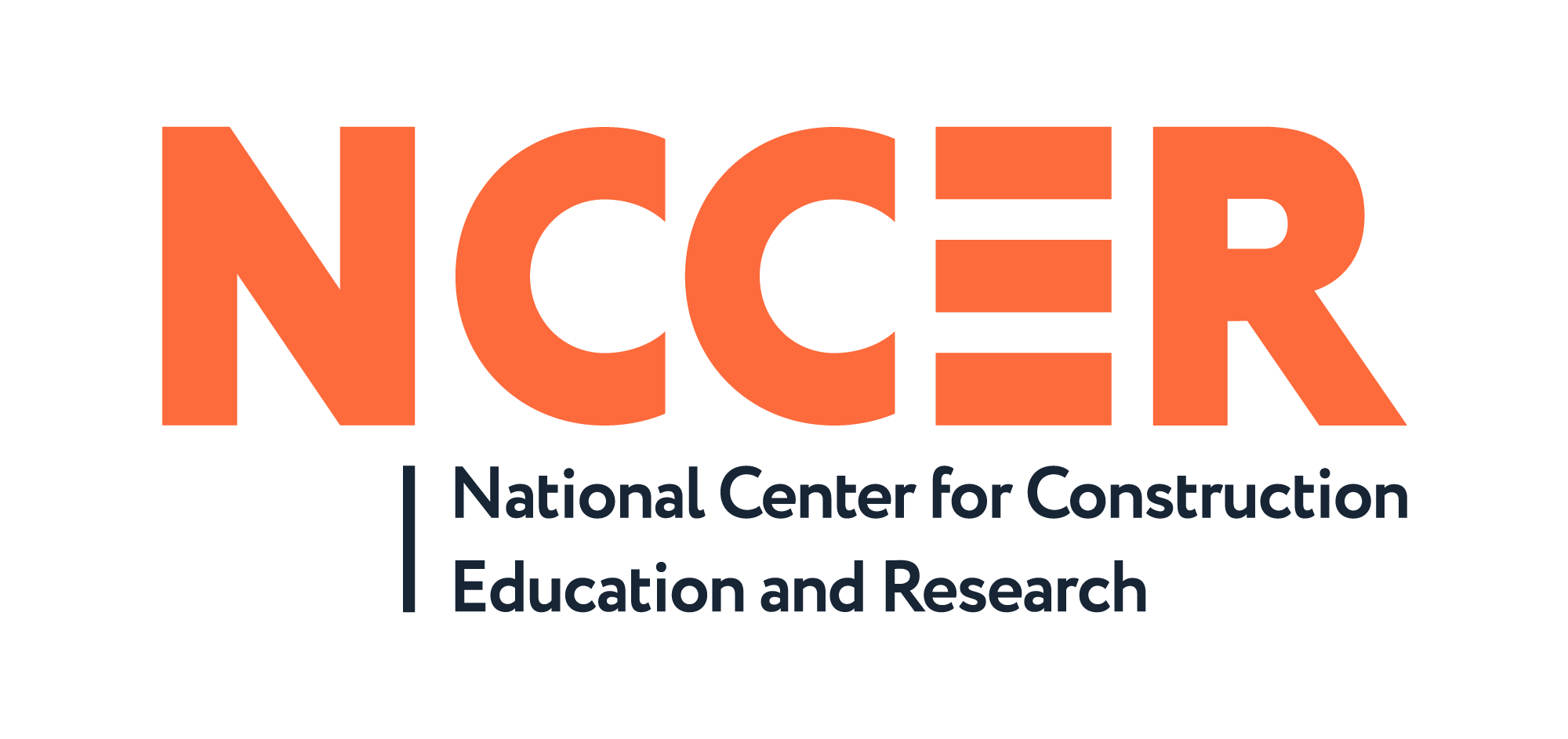LPR Construction is a steel erection and heavy industrial construction firm based in Loveland, Colorado. The company was founded in 1979 and now completes commercial, industrial and power plant projects across the United States. LPR first became accredited to deliver NCCER training in 2008. Initially introduced to NCCER by the Associated Builders and Contractors (ABC), LPR construction played a critical role in providing Subject Matter Experts (SMEs) in NCCER’s first edition of the Ironworker curriculum. LPR, as an organization, was prompted to deliver NCCER training and assessments as a way to provide their employees with portable credentials which would be recognized by the customers they served.
Currently, LPR employs 15 NCCER certified instructors, and over 2000 LPR employees have earned NCCER credentials since the organization was accredited in 2008. NCCER training is offered at LPR for the following craft areas:
- Pipefitter
- Welding
- Rigging
- Mobile Crane Operator
- Crew Leader
- Project Supervision
- Project Management
- Field Safety
- Safety Technology
LPR is also an Accredited Assessment Center (AAC) through NCCER and provides assessments for each craft training area they offer. LPR Ironworker assessment candidates have an average passing rate of 87% and Crane Operator assessment candidates have an average passing rate of 98%.
Educational Partnerships
LPR leadership approached a local community college to help start an Ironworking/Welding program. The college was receptive in light of funding that was cut for Career and Technical Education (CTE). The Ironworking/Welding class was opened as an option to local high school students as well.
This partnership has benefitted LPR directly, enabling the organization to recruit the very best out of each Ironworking class for future employment. Each year LPR delivers a 100-hour Ironworker class for 25-30 apprentices that have no industry experience. Typically five to seven students from the college Ironworker program attend the class as new LPR employees.
To other construction companies looking to partner with local educational institutions, McClure advised, “Be persistent and very patient when dealing with school systems. The schools and state institutions do not operate with the same sense of urgency as the private sector.”
Benefits of Craft Training
LPR Construction has reported positive influence on their quality of employees, as well as better employee retention due to starting an NCCER craft training program. They have also seen a notable decrease in job-site injuries and an increase in projects being completed before deadlines.
NCCER training and industry-recognized credentials have also been attributed to benefiting LPR employees by defining a clear career path. “The industry-recognized credentials have served as a source of pride for our employees who did not complete higher education,” McClure said.
LPR offers a direct incentive for earning NCCER credentials. All apprentices who are enrolled in an LPR Construction apprentice program receive a $1/hour raise every six months with the successful completion of their assigned modules and performance tests.
With a successful training program now in place, McClure offered advice to those organizations who are starting their programs: “Identify the training program that will meet the most critical business needs first, and develop/institute that program. Once you have the first program running smoothly and effectively, add additional programs. Do not try and tackle all the training on your company’s wish list all at once. It’s like eating a whale; it must be done one piece at a time.”
Assessment Coordination
Construction industry organizations across the board must balance the demand for craft workers with the fluctuations of each job site. NCCER assessments can give a broad picture of what skills each craft worker possesses before they even begin work. When LPR first began offering NCCER training, their protocol called for each new employee to be given an NCCER assessment for their craft within the first 30 days of employment. After some complications LPR revised their protocol, and each new hire is instructed to take their NCCER craft assessment before arriving on site. LPR uses the NCCER website to locate nearby assessment centers, helping to improve coordination.
Summary
LPR Construction is an example of an industry contractor successfully implementing NCCER training and assessments for the benefit of craft professionals, and the greater organization as a whole. Semi-annual training meetings take place with key company stakeholders and training staff to address any issues in a timely manner. This top-down approach proves a serious commitment to craft training’s impact on the industry. With an intentional connection to the local education system, and a careful programming strategy, LPR has made the most of NCCER’s training, assessments and portable credentials.
